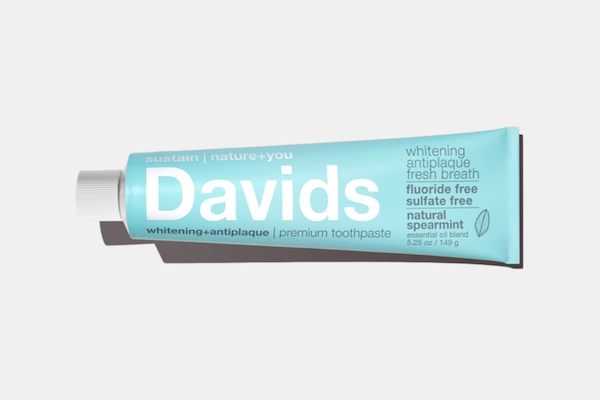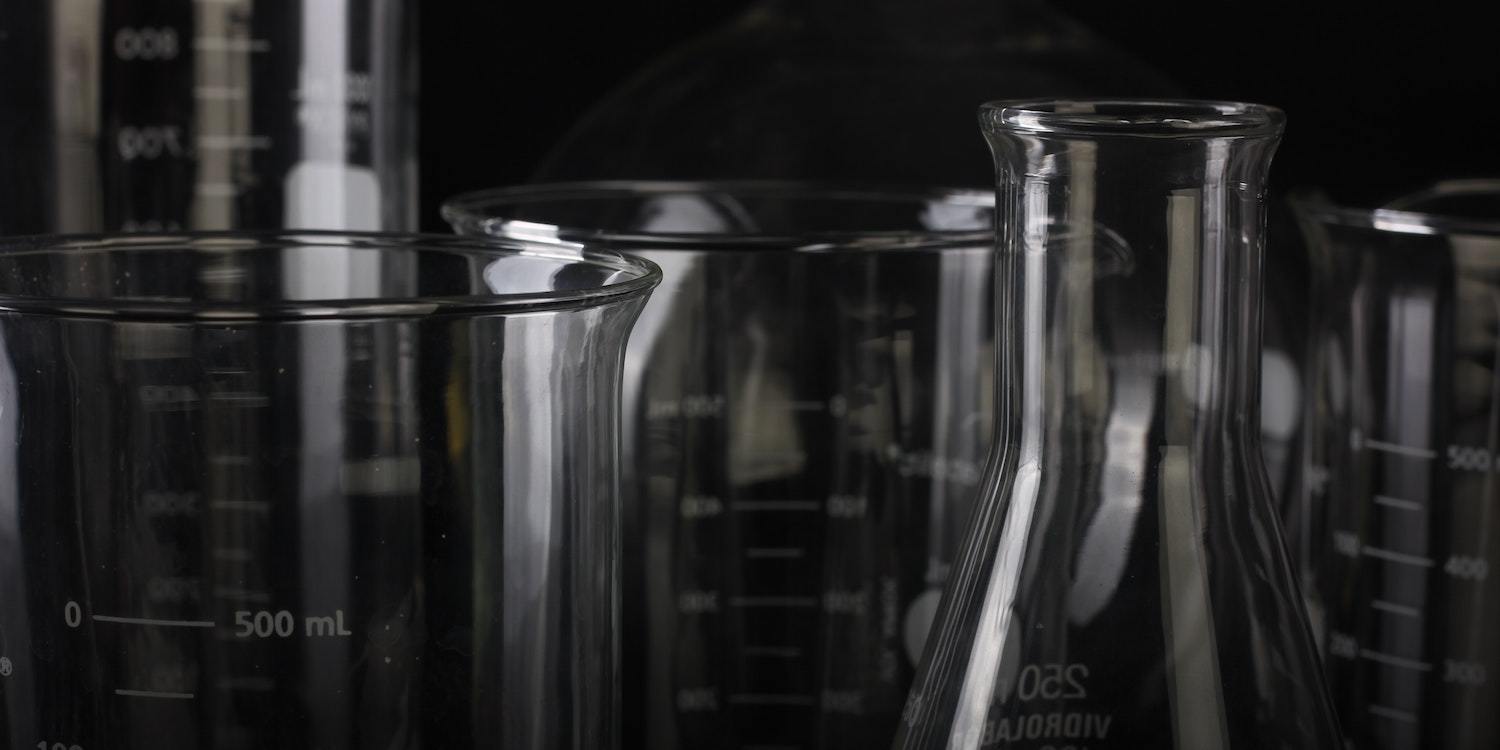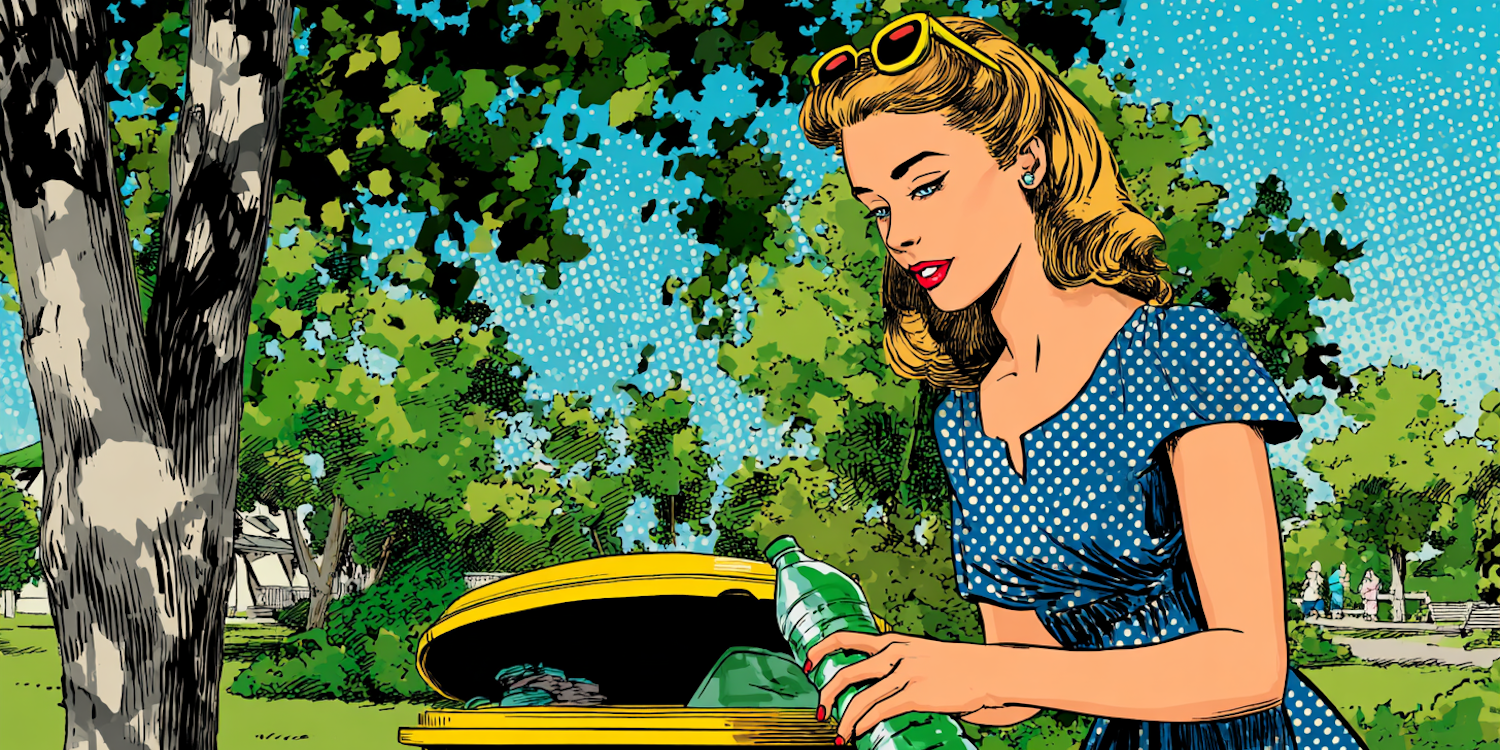We all use soaps, shampoos, and conditioners on a regular basis, yet we rarely stop to think about what they contain. Then, once we do actually read the label we don’t quite know what to make of the strange ingredients.
What are parabens? What are sulfates? What are phthalates? What are artificial fragrances? If you’re looking to protect your health, as well as reduce your environmental impact, this is certainly something you should be considering.
In this article, we’ll discuss some of the most common toxic ingredients which could be hiding in your soap, shower gel, or shampoo. Then, we’ll share the available alternatives, such as eco-friendly soap, and discuss why you might want to switch to them as soon as possible.
What Are Parabens (and other preservatives)?
Parabens are the most widely used preservatives in personal care products – including shampoo and soap. Aside from soap, you will also find them in deodorants, moisturizers, and shaving creams. Methylparaben, propylparaben, and butylparaben are some of the most commonly used varieties.
They are added to extend the shelf life of personal care items, but many sources suggest their use does more harm than good to both our health and the environment.
Propyl and butyl parabens are seemingly the most concerning according to current scientific research. In one of the first studies that investigated the health effects of parabens, they were found in breast tumors. This and other concerns regarding their use stem from their role as endocrinal (hormonal) disruptors.
Although the FDA and U.S. Centers for Disease Control and Prevention maintain the stance that it is too early to conclude that parabens are harmful to human health, the evidence suggests that there is reason enough for serious concern.
Better to be safe than sorry, right? The good news is that in contrast to liquid soap and shampoo, soap bars and solid shampoos do not need to contain preservatives, because of their low water content. By switching to these alternatives, you are automatically avoiding these potentially harmful chemicals.
In addition to being concerned about what parabens are and how they affect our health, you may also want to watch out for other preservatives. Some products which claim to be paraben-free could potentially contain even more dangerous preservatives, which is why it’s important to be aware of them too.
Aside from harming our health, research suggests that the presence of these chemicals in water can kill corals and potentially contribute to the destruction of coral reefs. In addition, when parabens come into contact with chlorine, they may produce a variety of other toxic byproducts. Little is known about their specific impact on the environment.
What Are Sulfates?
Now that we’ve discussed parabens, the next obvious question is, what are sulfates? These chemicals are foaming agents, which produce lather and bubbles. The most common of them is SLS (sodium lauryl sulfate) and its other variation SLES (sodium lauryl ether sulphate), which can be derived from petrol, palm oil, or coconut oil (the former two are particularly environmentally concerning). To learn more about the impact of Palm Oil, read our blog post: Environmental Impact of Palm Oil.
Sulfates are primarily a risk for people with sensitive skin, although they can be irritating to everyone no matter the skin type. When used for a long periods of time, sulfates can cause irritation to not only the skin but also the eyes and lungs. SLES specifically could also be contaminated with 1,4-dioxane, which carries its own set of potential health risks.
Apart from often being sourced from petrol or palm oil, another environmental concern associated with sulfates is the washing of this chemical down the drain, which could lead to the pollution of aquatic ecosystems.
Lastly, products containing sulfates are also often tested on animals, due to the relatively high chance of skin irritation. If you’re an animal lover, sulfates are definitely something you’ll want to stay away from.
What Are Phthalates?
Of all the chemicals that you could potentially find in soap or shampoo, phthalates are among those with very conclusive scientific evidence suggesting that they can do serious harm to your health. The list of concerns around phthalates goes on and on.
In the past few years, research has shown a link between phthalates and asthma, attention-deficit hyperactivity disorder (ADHD), breast cancer, obesity, type II diabetes, low IQ, neurodevelopmental issues, behavioral issues, autism spectrum disorders, altered reproductive development, and male fertility issues. Similar to preservatives, it’s very difficult to deem that phthalate safe amidst the growing scientific evidence suggesting how harmful they are.
Through regular use in personal care products such as soap and shampoo, phthalates are frequently released into the environment. This not only increases the exposure of humans to this group of chemicals, but it could also damage the health of other living organisms – especially aquatic life.
Nowadays, it seems like you’ll find this chemical everywhere in your bathroom – but worry not, there are better alternatives available. If you’ve ever found yourself asking “what are phthalates and how they impact your health and the environment,” your not alone. The good news is there are eco-friendly products which offer a great alternative which we will review in the last section of this article.
What Is Artificial Fragrance?
Fragrances are a wild card ingredient in most skin care products. While eco-friendly soap and other natural products are often scented with essential oils, which are harmless to our health (unless you’re allergic), many conventional cosmetics contain the vague word ‘fragrance’ on the ingredient list.
These fragrances could be hiding hundreds of different toxic chemicals which do not have to be specifically disclosed on the label because they are considered a trade secret. Research has shown that regular exposure to fragrances can negatively impact the central nervous system and can trigger allergies, migraines, and asthma symptoms.
Eco-friendly Soap, Shampoo Bars And Other Alternatives
We’ve previously mentioned that soap and shampoo bars are a great way to avoid parabens – but natural, eco-friendly soap and shampoo can also help you avoid many of toxic chemical we’ve discussed.

If you’re used to liquid rather than solid soap, the good news is that you don’t even necessarily have to make this switch. As the concern about the use of chemicals in personal products rises, more and more liquid soaps which don’t contain any parabens, sulfates, artificial fragrances, and phthalates are appearing in the market. Our personal favorite alternative is the Soapply liquid eco-friendly soap. What’s more, aside from being made from natural ingredients, the bottle can be refilled so that you don’t have to buy a new one every time.
As for shampoo and conditioner, you also have two options – choosing liquid options which don’t contain any nasty chemicals or switching to solid shampoo. The latter, similarly to soap bars, has the benefit of being more travel-friendly and space-efficient. We particularly enjoy the HiBAR solid shampoo and conditioner!
Aside from looking at the ingredient list of the shampoo and soap you’re buying, we also believe that it is important to purchase from companies that are focused on sustainability. Recently, many large brands have introduced more eco-friendly alternatives to their range, but still, continue producing large amounts of harmful and environmentally damaging products. While every step forward counts, if you are particularly careful about what your money goes towards, you may want to avoid these big brands.
Whether you’re new to natural and sustainable living or consider yourself an expert, we’d love to hear anything you have to say about your own experience with making the switch to eco-friendly soap and shampoo. Be sure to let us know in the comments!






